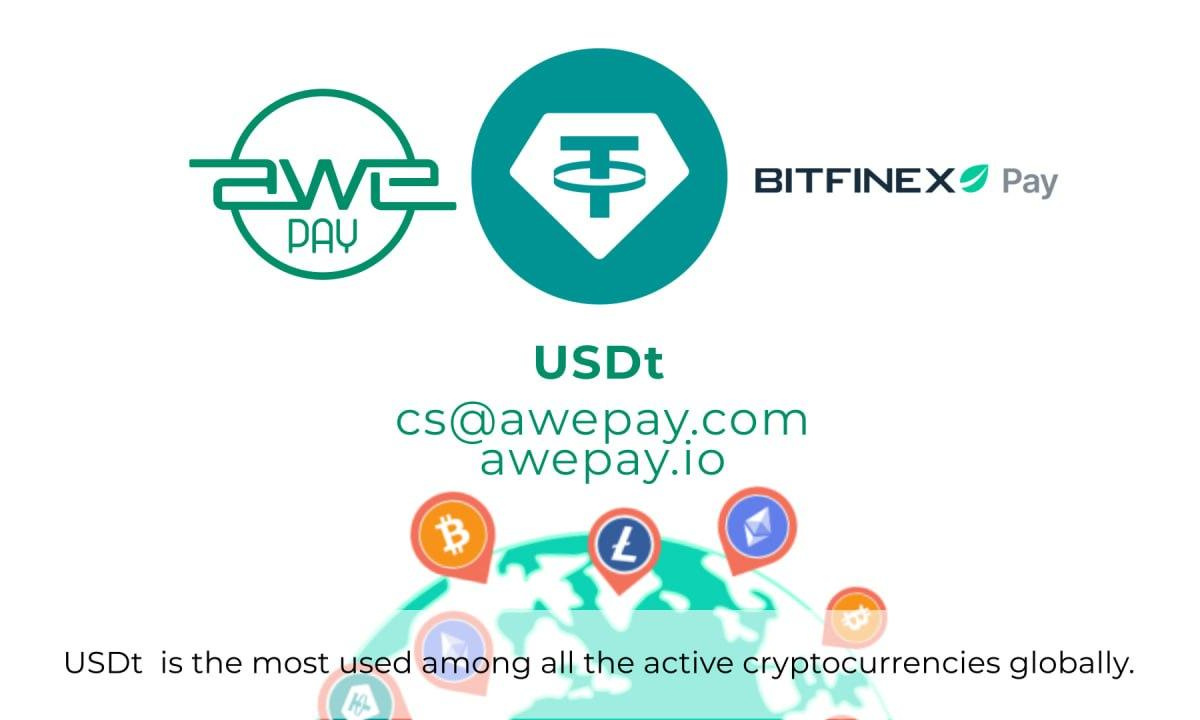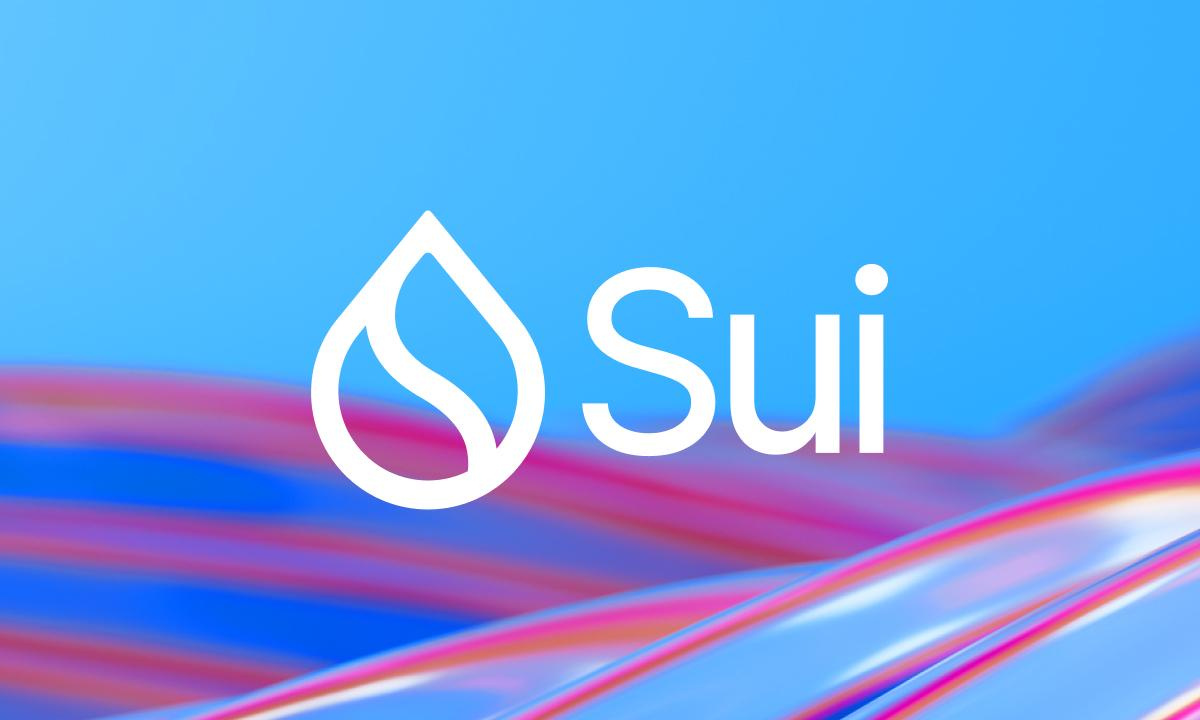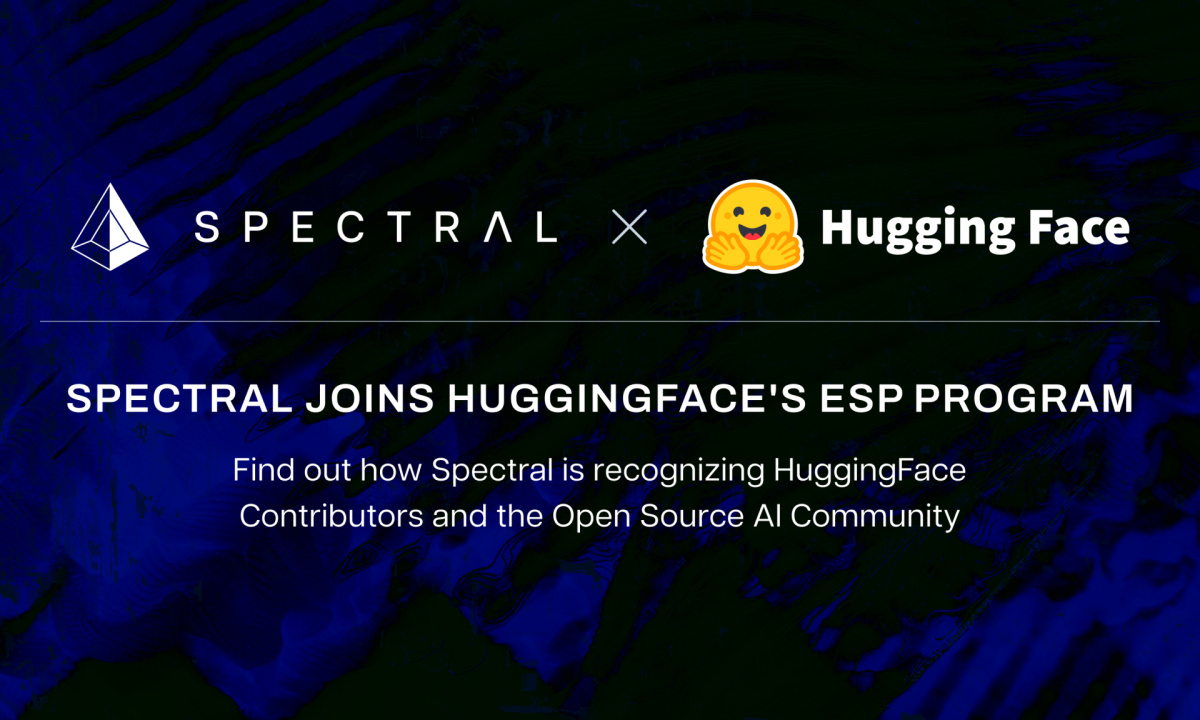According to new reports, ministers in Russia are on the verge of launching a new oil-backed cryptocurrency, native to Russia, that will be known as the Russian State Duma. The reports suggest that a full roll out of the currency could be seen as early as March 2019, meaning we expect to see more announcements regarding this in the coming weeks.
The Russian State Duma (RSD) is said to be backed by oil, therefore it’s funding and prices will be relative to Russian oil and mineral stocks, in the same way the Venezuelan Petrol currently operates. Whilst RSD is not the first state led cryptocurrency, it is going to be one of the biggest given that Russia themselves are an international power. Most importantly, this has huge implications for cryptocurrency adoption across both Europe and Asia too.
Oil-backed cryptocurrencies
There seems to be a new trend in cryptocurrency, that is a tie between crypto and oil which means the value of the currency, will be equal to that of a barrel of oil. According to Futurism.com, the Venezuelan Petro is a great example of this:
“The Venezuelan government decided to peg the value of the petro to the cost of a barrel of oil. On the plus side, that makes the petro more stable than your average cryptocurrency (even though the Venezuelan government can change the value anytime because it controls so much oil). But it also means that a decentralized market of investors, should any decide to buy the petro, wouldn’t have any effect on the petro’s value.”
According to Finance Magnates, the Former Russian Energy Minister, Igor Yusufov has proposed the project as a result of new cryptocurrency regulations that are set to come into force in Russia, established by the Russian Federal Assembly.
“The launch of Yusufov’s project may coincide with the passage of the regulations into law; Yusufov stated that the oil-backed cryptocurrency is in the final stages of development. In an interview with Rambler, Yusufov said that the introduction of his oil-backed cryptocurrency hypothetically allows us to avoid the costs associated with the use of currencies that are not backed up – the unpredictability of exchange rate fluctuations, the commission for currency exchange, [and] trade restrictions.”
RSD may work like a stablecoin as a result of it’s tie to the value of oil, though we should point out because like Venezuela, Russia also have control over oil stocks, it’ll be very easy for them to change the price of RSD to suit their needs. This is not a decentralised cryptocurrency as such, there’s more to it than that.
In an attempt to democratise RSD, Yusufov does suggest that this will be compatible to more than just Russia and that they hope for RSD to be used across a region known as OPEC, or the Organization of Petroleum Exporting Countries. This is allegedly in an attempt to reduce the United States influence on the Russian economy as a result of the strength of the US Dollar:
“John Slyusarev, managing partner at SMC Capital, told The Block that an oil-backed cryptocurrency could also decrease the influence of the US economy on Russia. This is also the reason why Venezuela created the Petro, which was designed to provide a way around U.S. sanctions he explained.”
Indeed, the Russian government themselves have admitted that one benefit to a state led, oil-backed cryptocurrency is that it would allow them to take a more independent approach to their economy:
“Russia has talked openly in the past about how a national cryptocurrency could be used as a way to evade international sanctions. This instrument suits us very well for sensitive activity on behalf of the state. We can settle accounts with our counterparties all over the world with no regard for sanctions, said Sergei Glazev, an economic advisor to Russian President Vladimir Putin.”
What do we think of this?
Politics aside, this is a very interesting development that does have wider implications for the entire cryptocurrency industry. No matter the Russian government's reasoning for potentially launching this, it is still an example of a government that is embracing new technology to solve problems and to seek an economic advantage. Should the launch of RSD go well, we can expect other local countries to look towards creating a similar cryptocurrency of their own, one that is backed by an asset that is locally rich in that respective area, a gold-backed cryptocurrency for example.
In terms of how this benefits the crypto industry, it’s pretty clear. This helps to spread the name of cryptocurrency and will start to encourage people at a government level to start thinking for themselves about how crypto can help them. Okay, the launch of RSD isn’t going to inspire huge levels of cryptocurrency investment and nor is it going to help skyrocket the price of Bitcoin, but it will get people talking and hopefully, it will get people wanting to learn more about cryptocurrency, that can only be a good thing, right?
Investment Disclaimer






